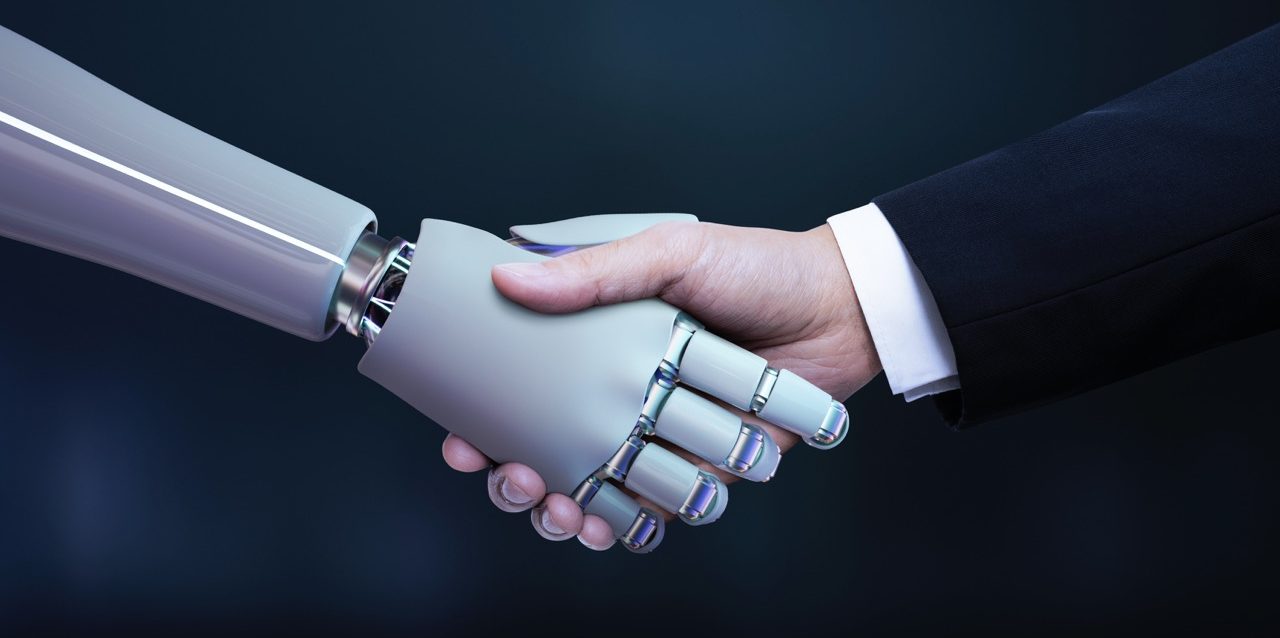In an era where efficiency, precision, and innovation define business success, the integration of Artificial Intelligence (AI) and robotics has become a game changer. This combination is not just transforming industries by automating processes—it’s also enhancing human-robot collaboration, unlocking new possibilities for productivity and growth. At INGEDACA, we believe in harnessing these technologies to create smarter, more connected operations.
The Power of AI in Robotics
AI empowers robots to move beyond repetitive tasks, enabling them to adapt, learn, and make decisions in real time. With AI, robots can process vast amounts of data, recognize patterns, and respond intelligently to dynamic environments. This evolution allows industries to implement flexible automation rather than static, pre-programmed routines. Example: AI-powered robots in manufacturing can detect defects in real time, preventing costly mistakes and ensuring higher product quality.
Artificial Intelligence refers to the development of computer systems that can perform tasks that would typically require human intelligence. It involves the creation of algorithms and models that enable machines to learn, reason, perceive.
Adam Peterson
Enhancing Human-Robot Collaboration
Instead of replacing human workers, modern AI-driven robots are designed to complement human capabilities. Collaborative robots, or cobots, work alongside humans to perform tasks that require precision, strength, or repetition, while humans handle complex decision-making and creative problem-solving.
Benefits of Human-Robot Collaboration:
Increased workplace safety by automating hazardous tasks
Improved efficiency and accuracy in production lines
Reduced downtime and human error
Key Applications Across Industries
AI and robotics are making waves in various sectors:
Manufacturing: Smart robotic arms for assembly and quality control
Healthcare: AI-driven robotic assistants for surgeries and rehabilitation
Logistics: Autonomous vehicles and drones for faster and more efficient deliveries
Construction: Robotics for site inspection and automated machinery to streamline operations
Overcoming Challenges in Implementation
While the potential is vast, implementing AI and robotics requires addressing challenges such as system integration, cybersecurity, and workforce adaptation. A strategic approach ensures a seamless transition by:
Conducting risk assessments
Training employees to work with new systems
Implementing robust security measures to protect data and operations
The Future of Human-Robot Collaboration
As AI technologies evolve, human-robot collaboration will become even more intuitive and seamless. Future developments will focus on more advanced machine learning algorithms, improved natural language processing, and adaptive robots that can work safely and efficiently in complex, unstructured environments.
The convergence of AI and robotics is reshaping the way businesses operate, paving the way for smarter automation and closer human-robot partnerships. By embracing these innovations, companies can boost productivity, enhance safety, and stay competitive in a rapidly changing market.
At INGEDACA, we are committed to guiding businesses through this transformation, helping them adopt AI and robotics solutions that deliver tangible results. Let’s build a future where humans and machines work together to achieve extraordinary outcomes.
Ready to embrace the future of automation? Contact us to learn how we can help you implement AI and robotics solutions tailored to your business needs.

